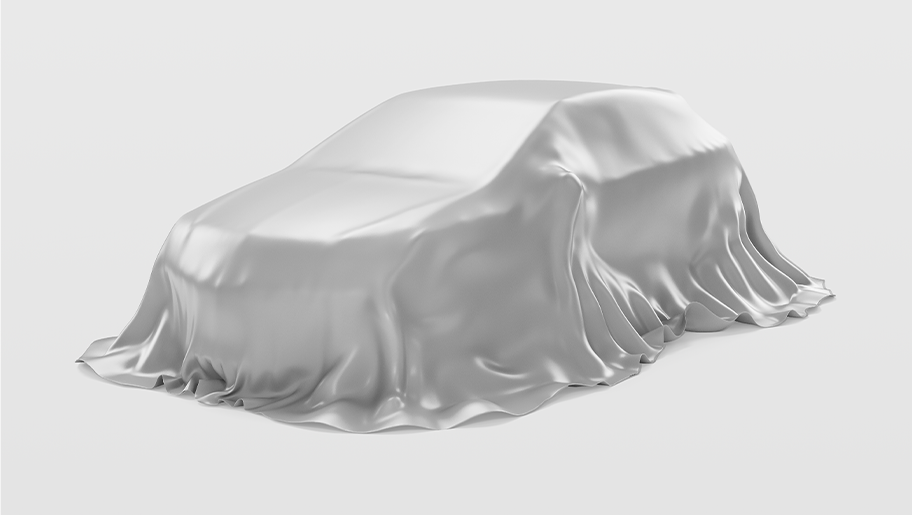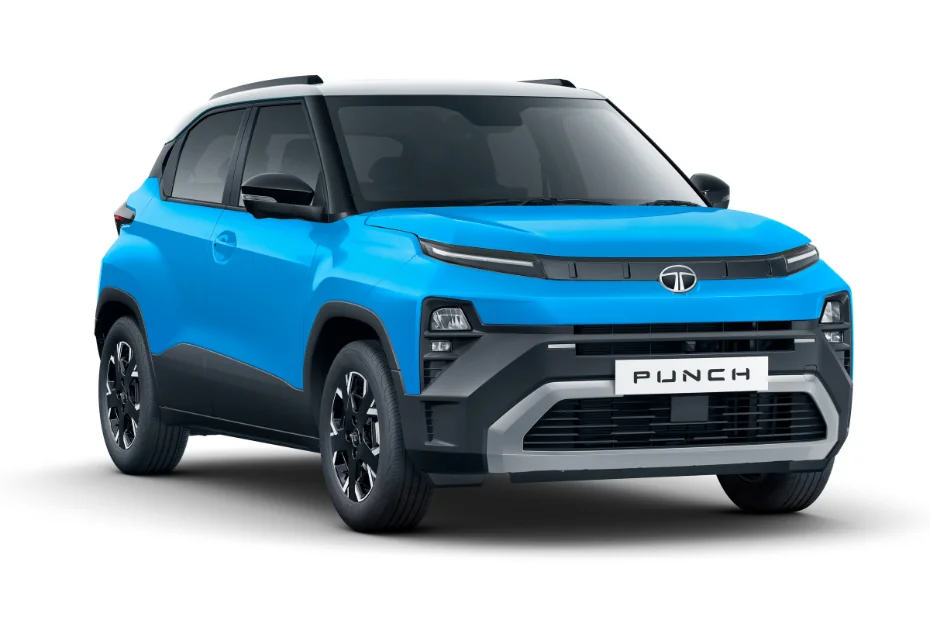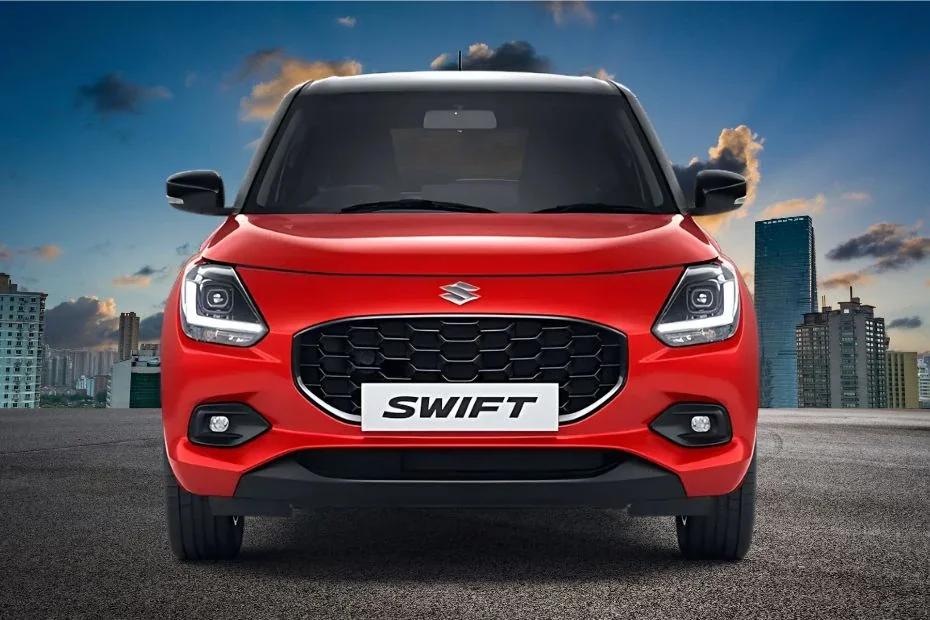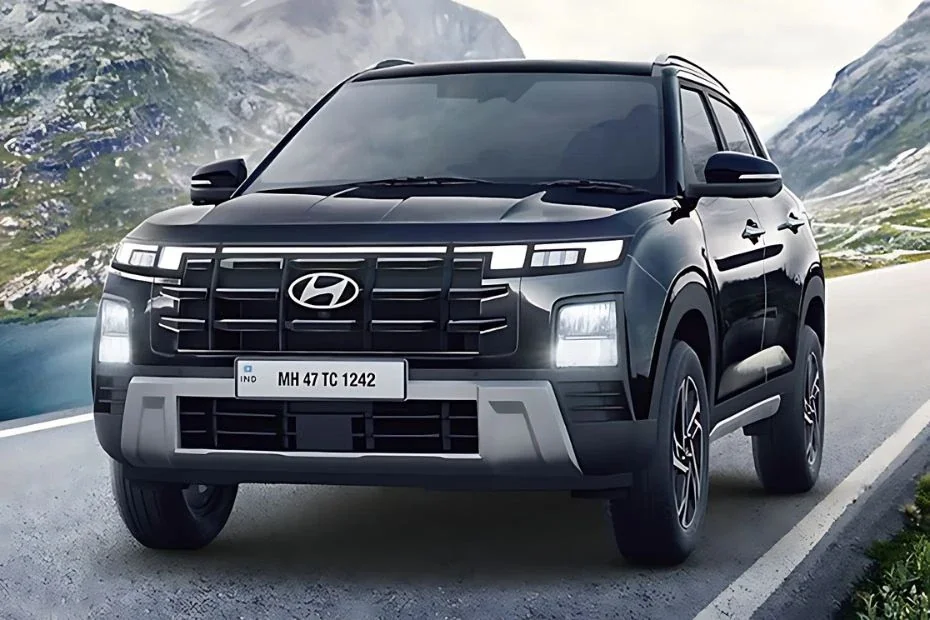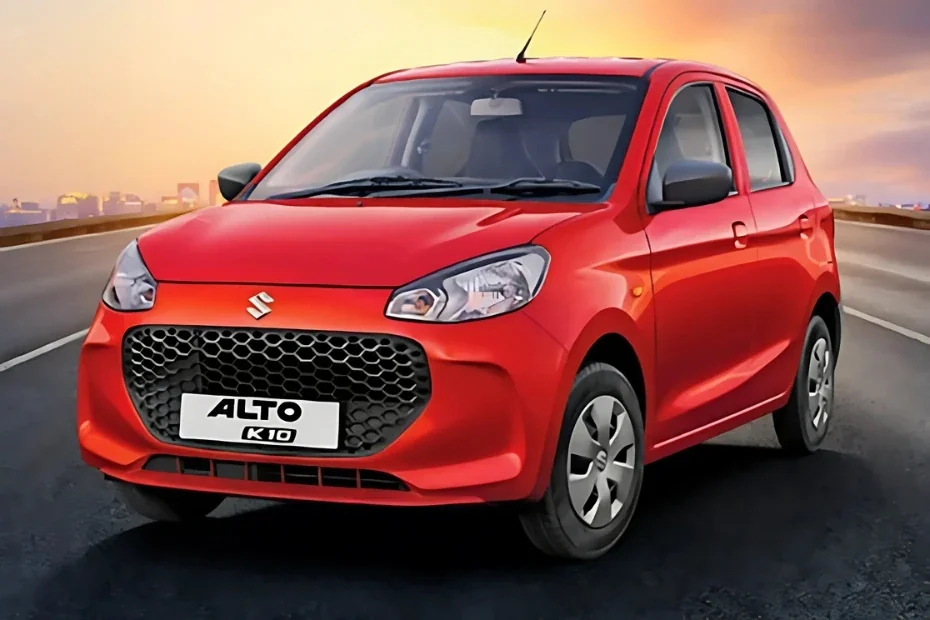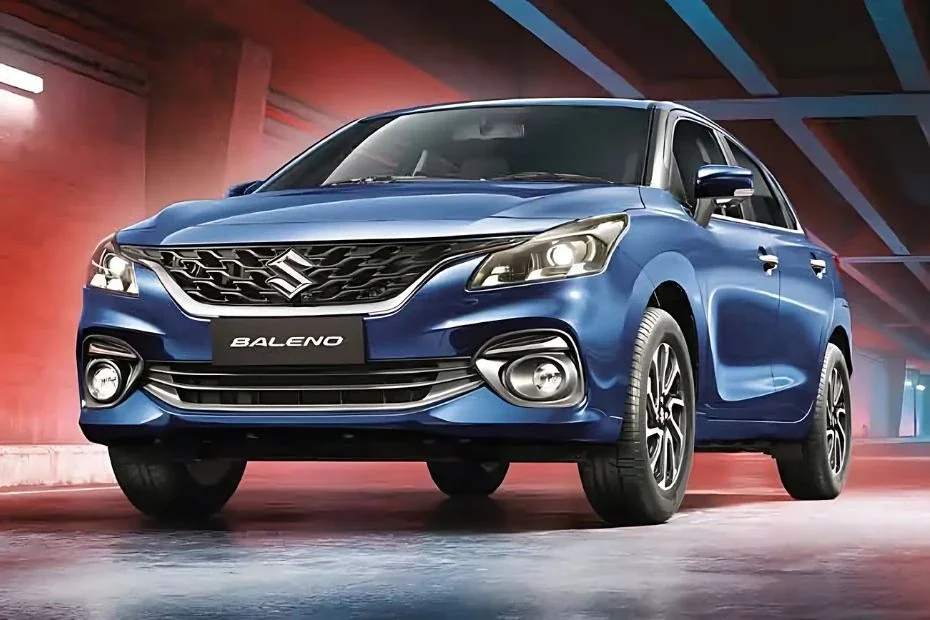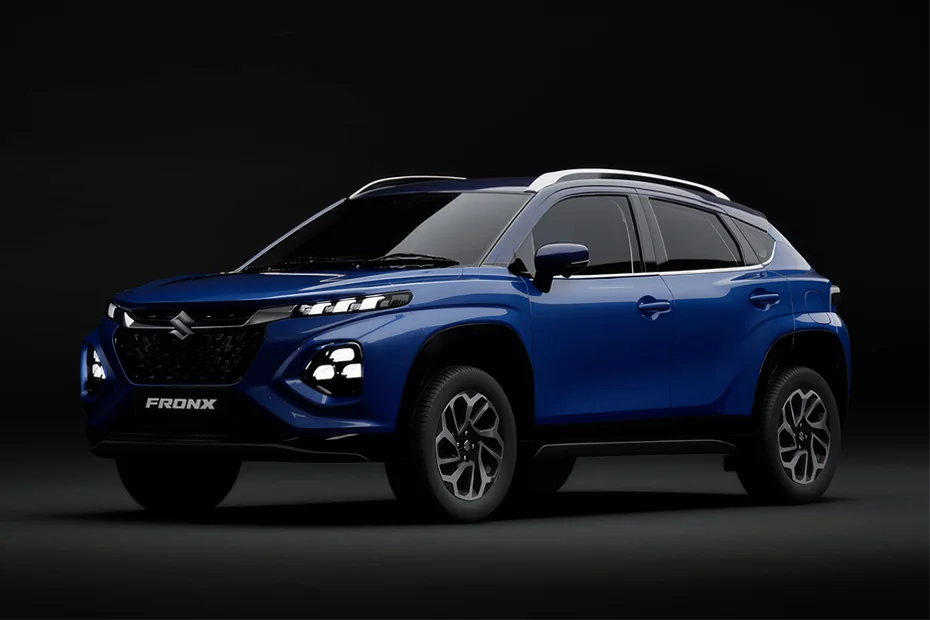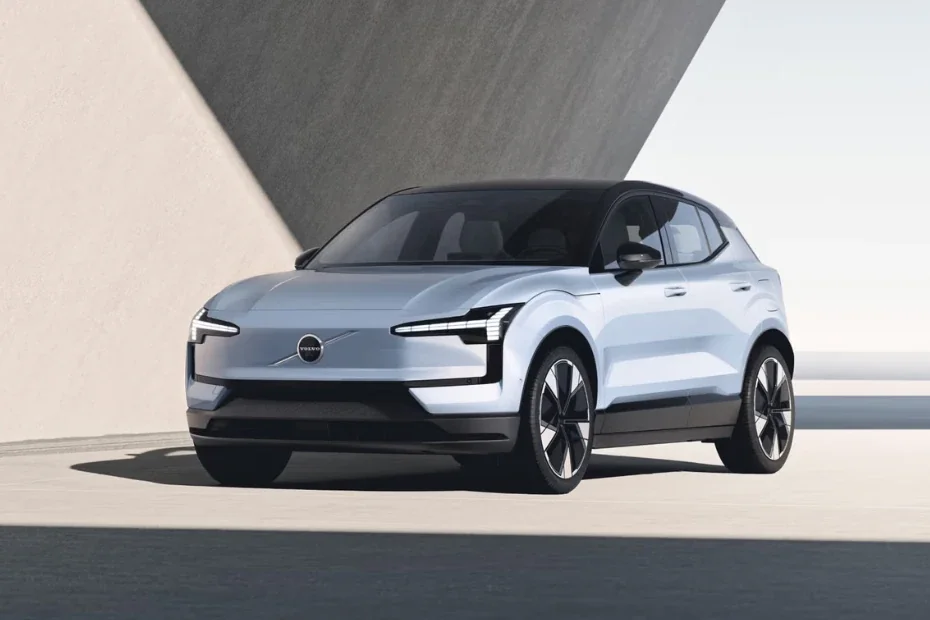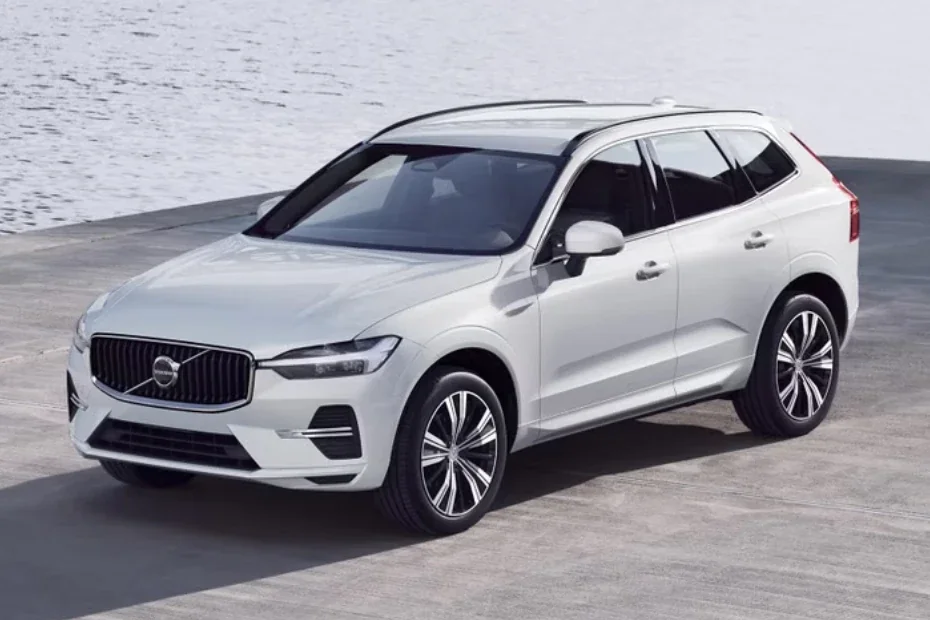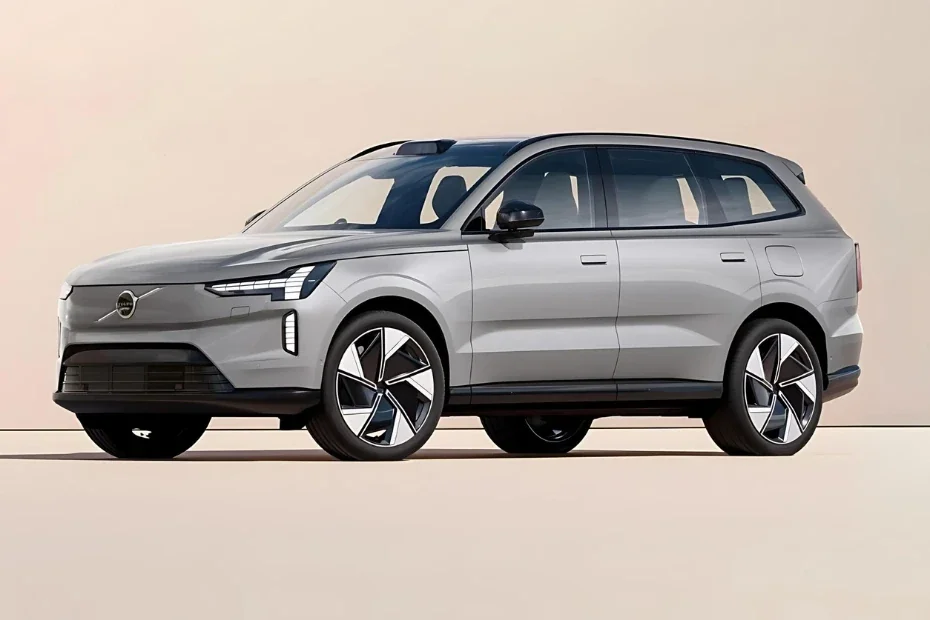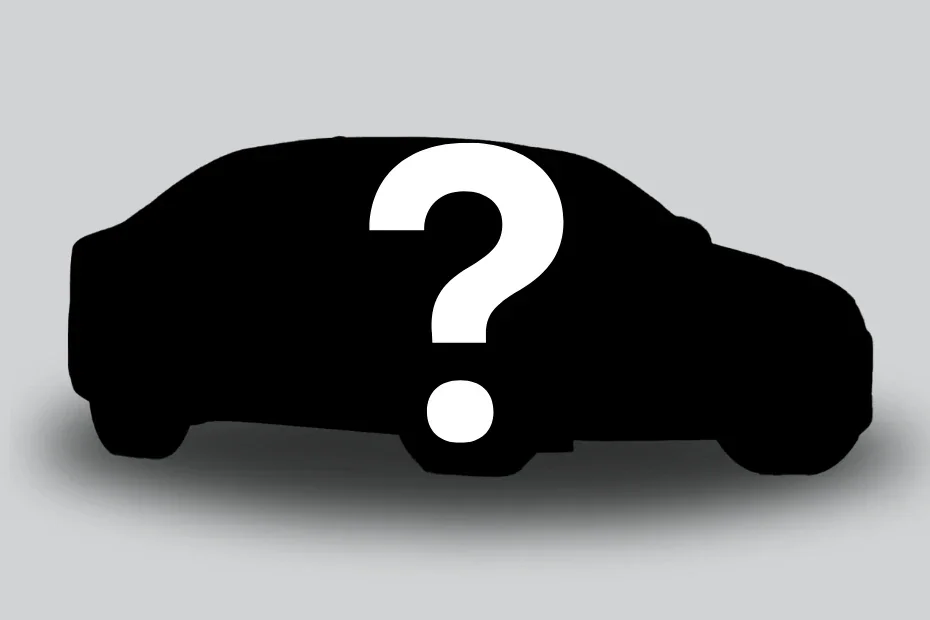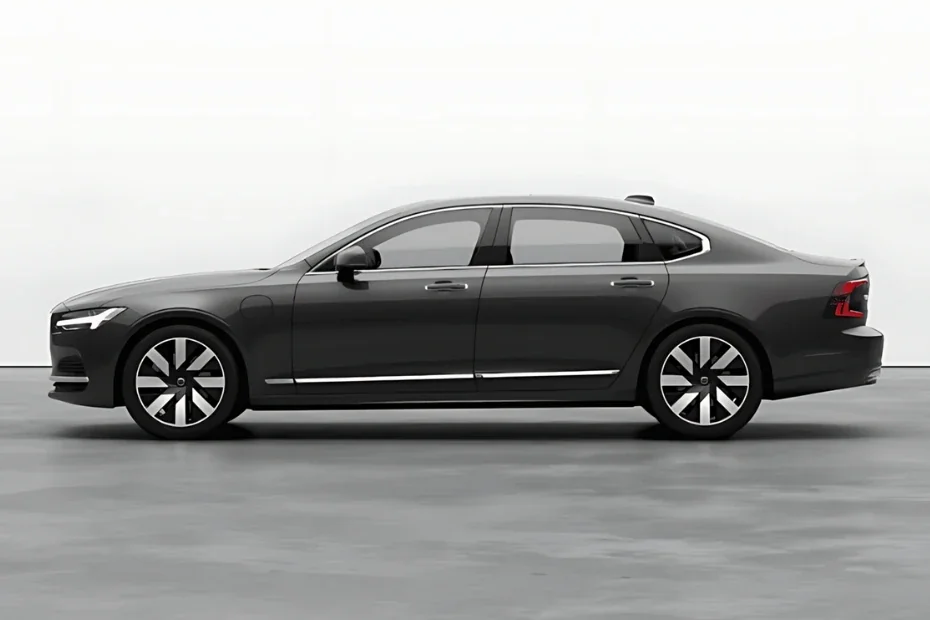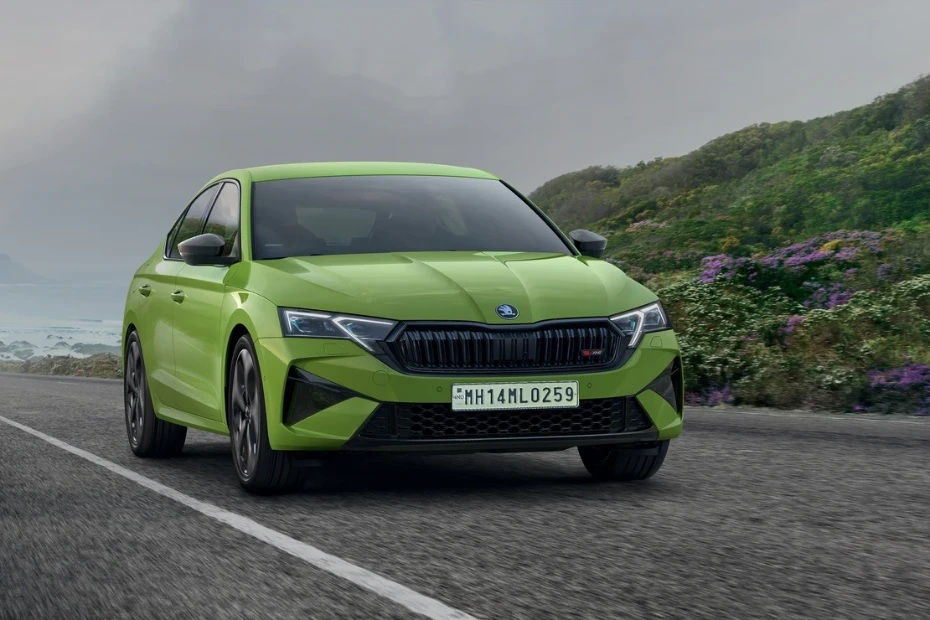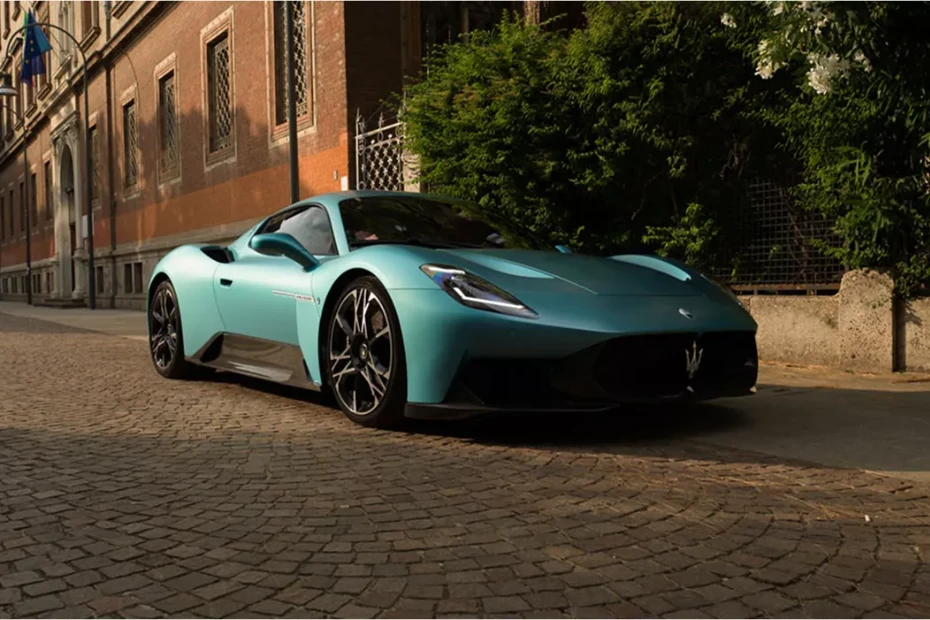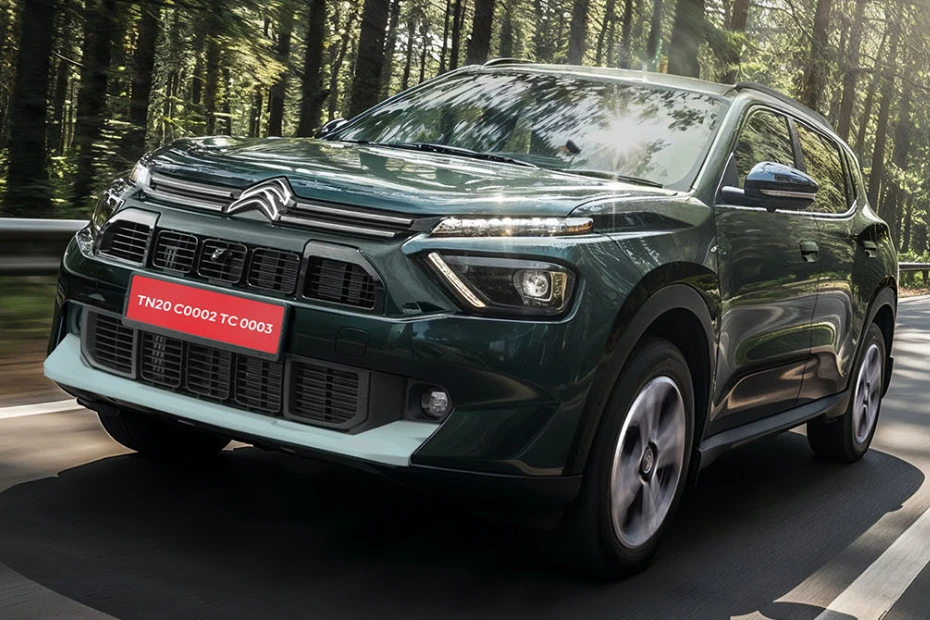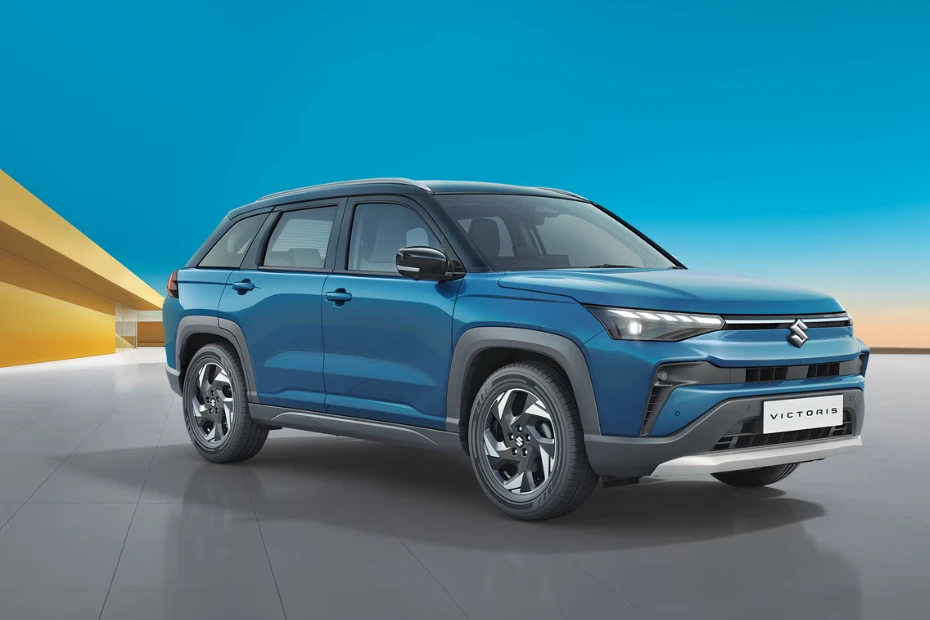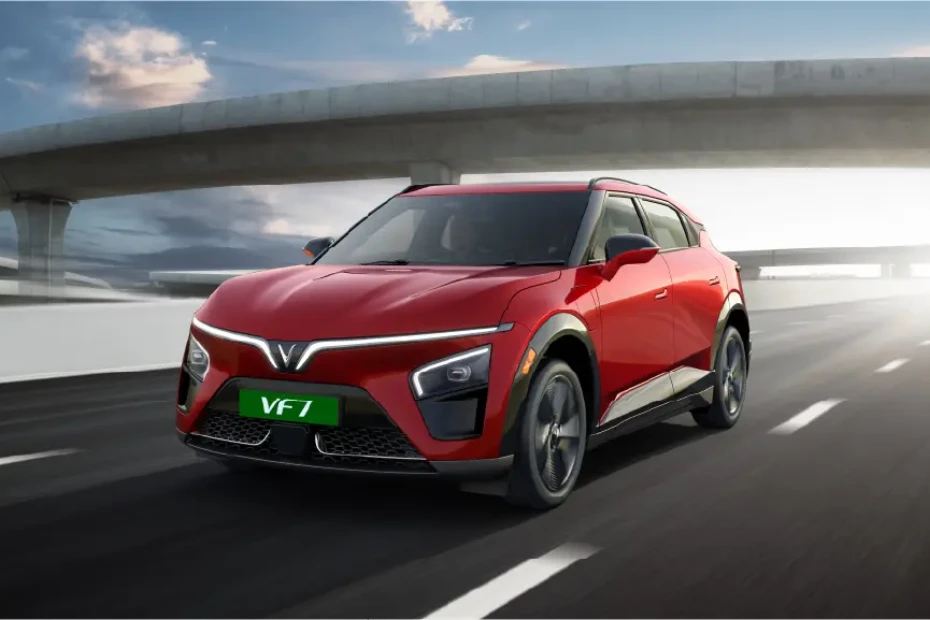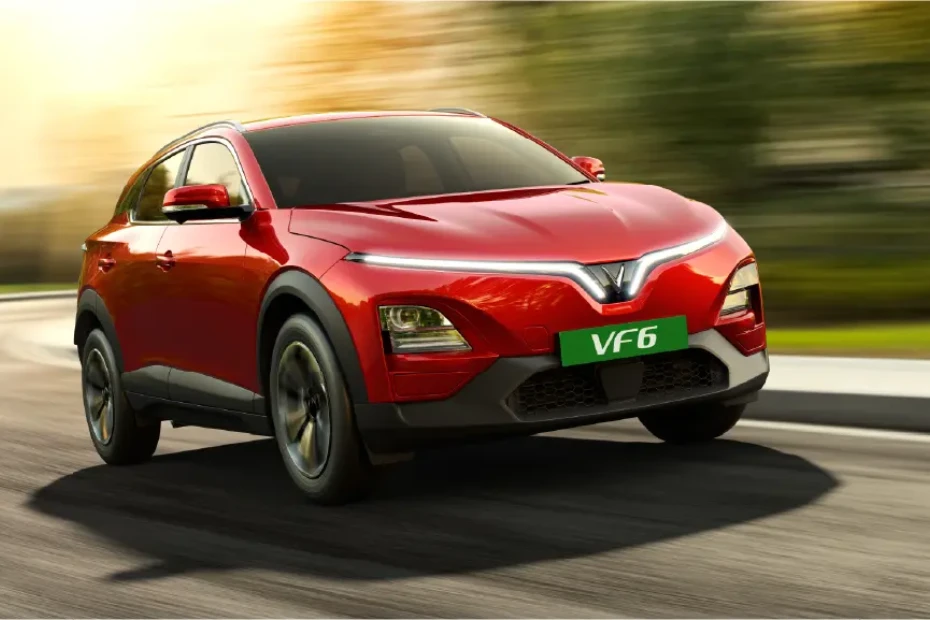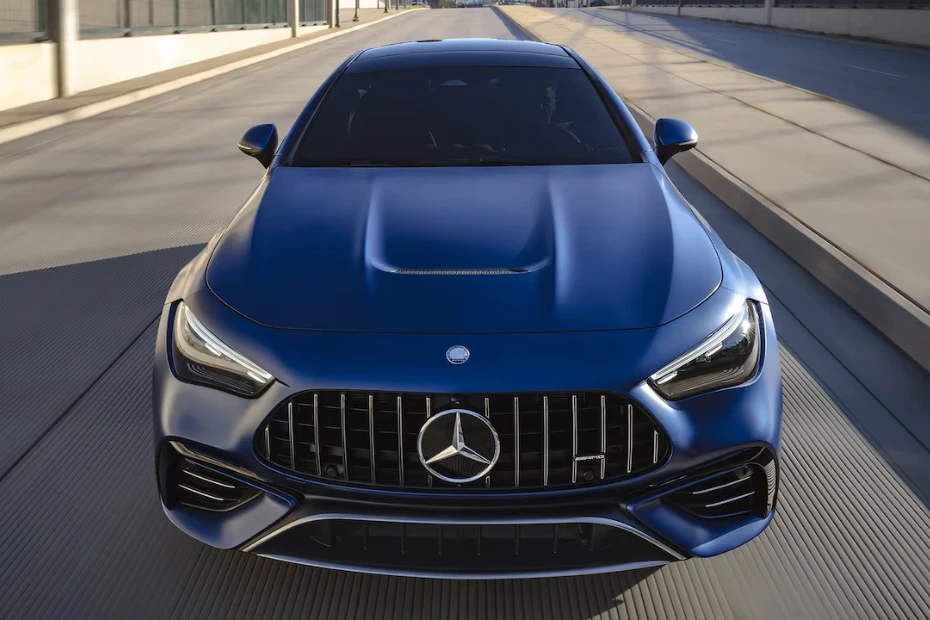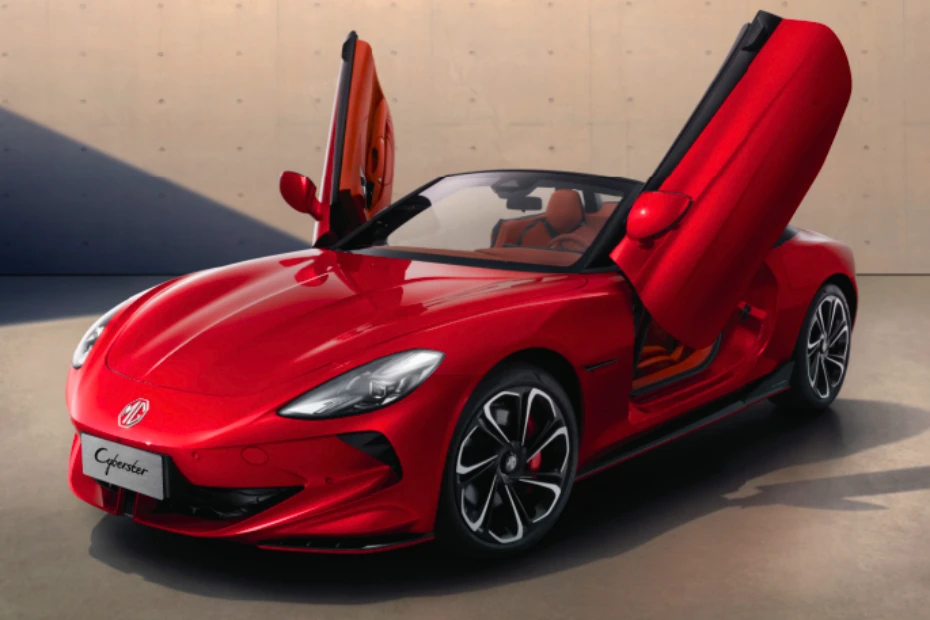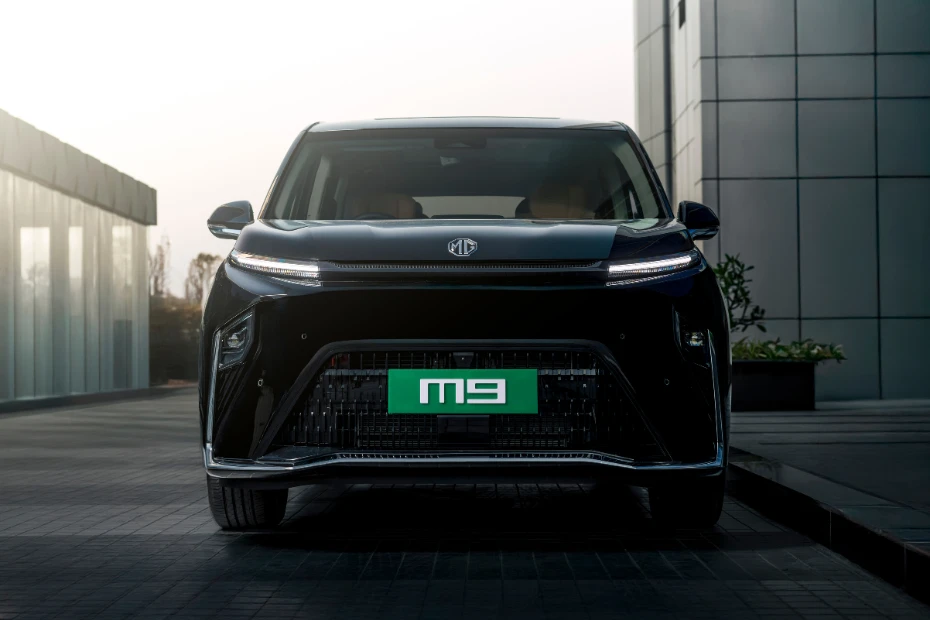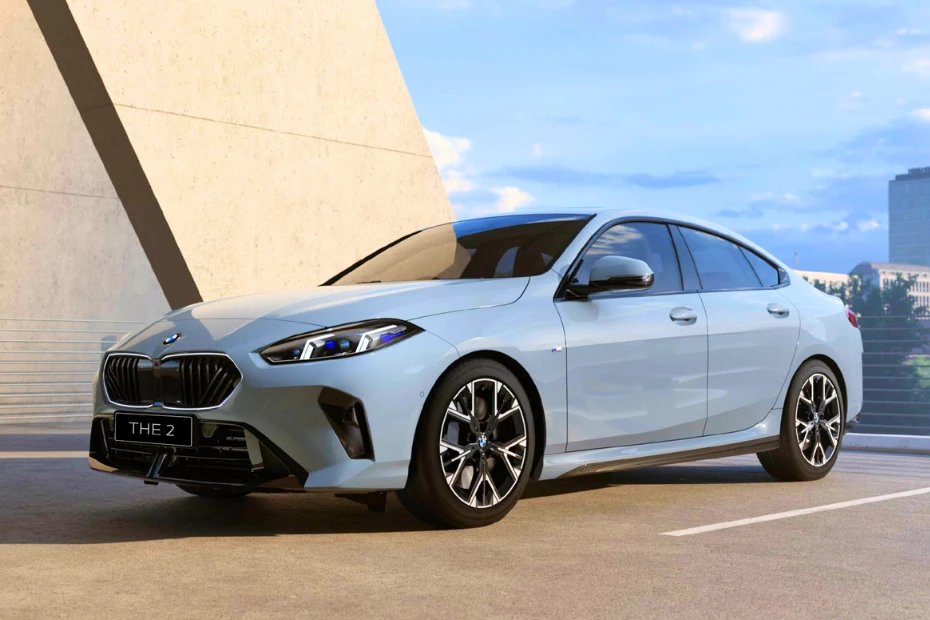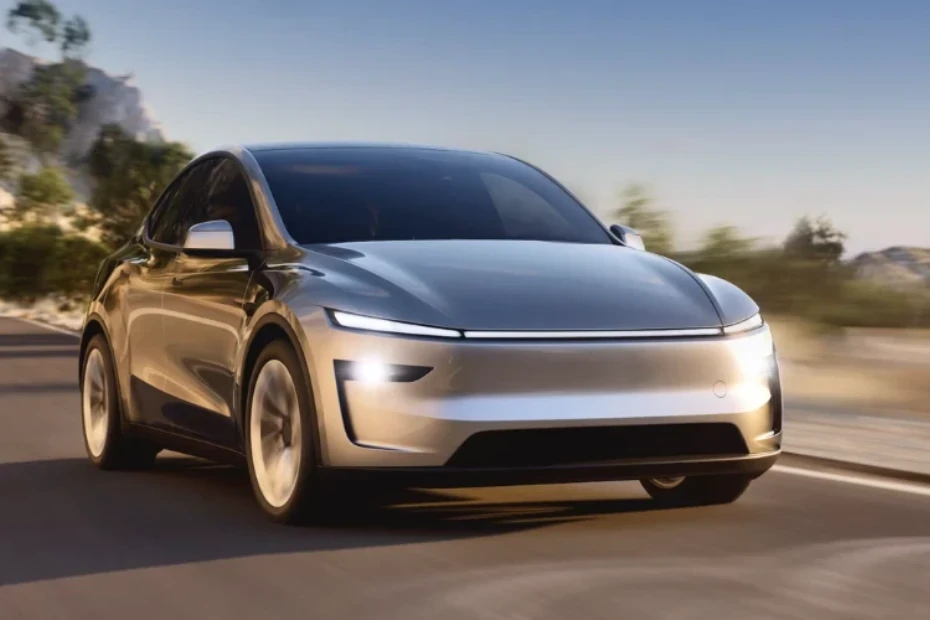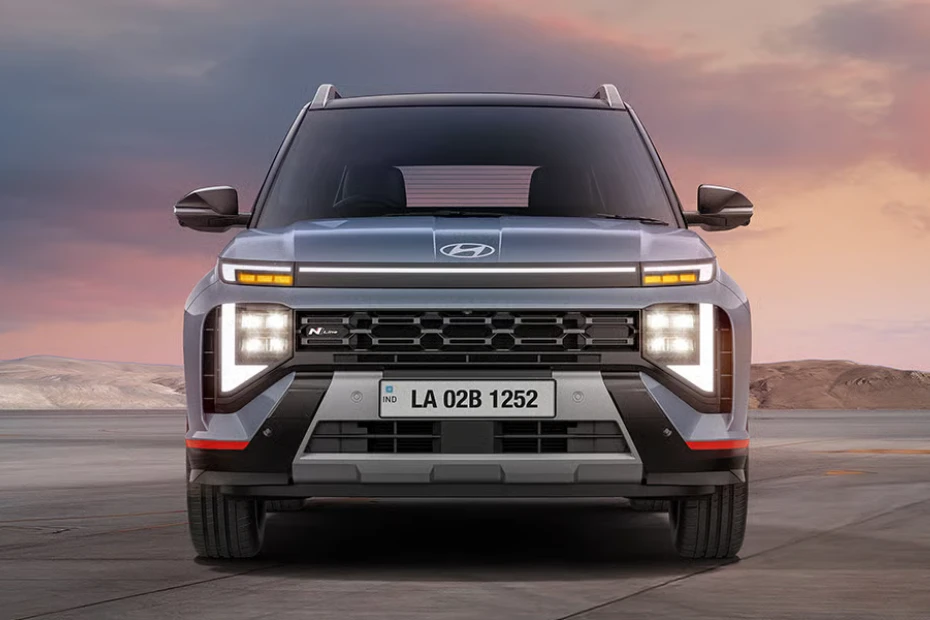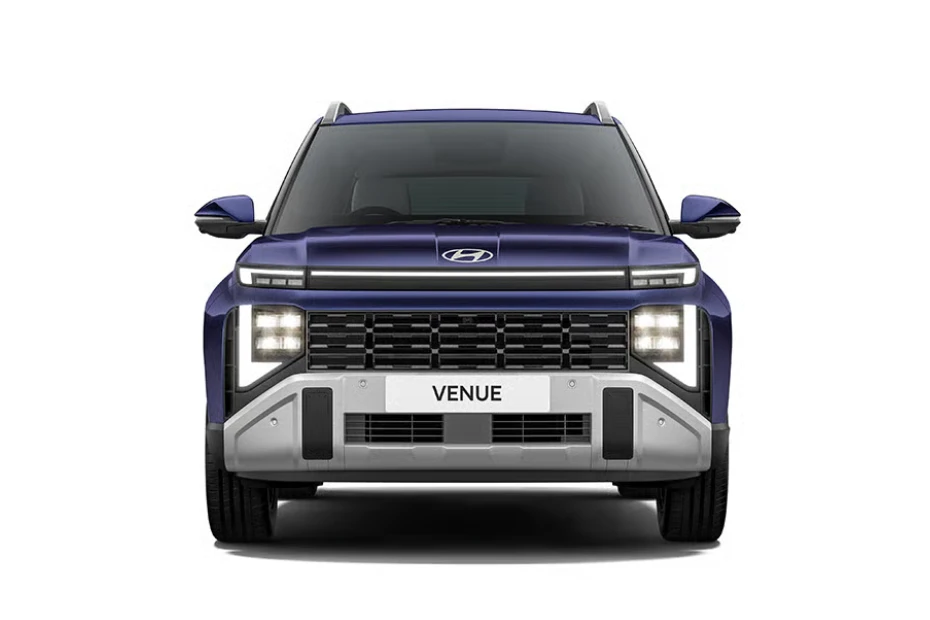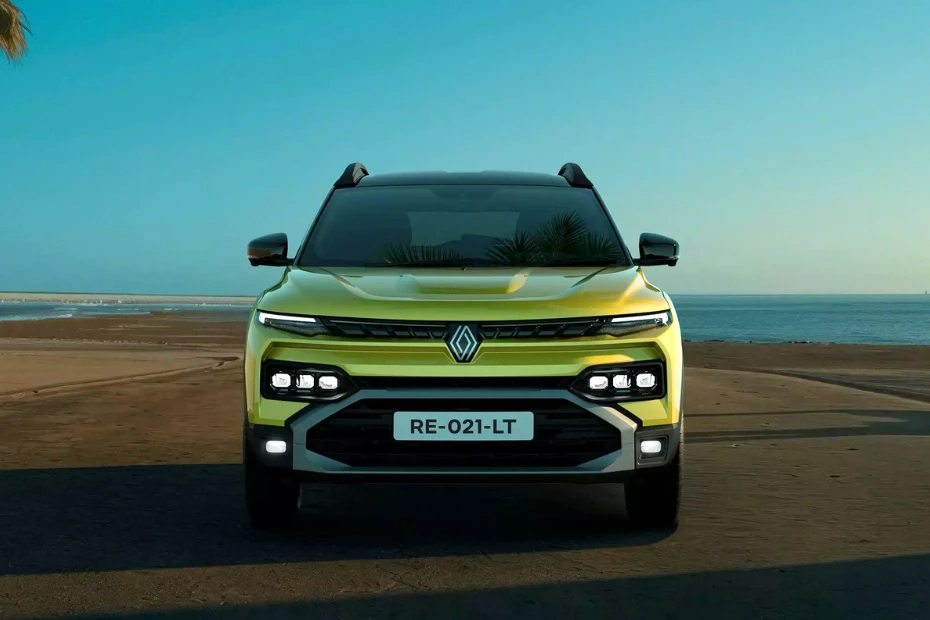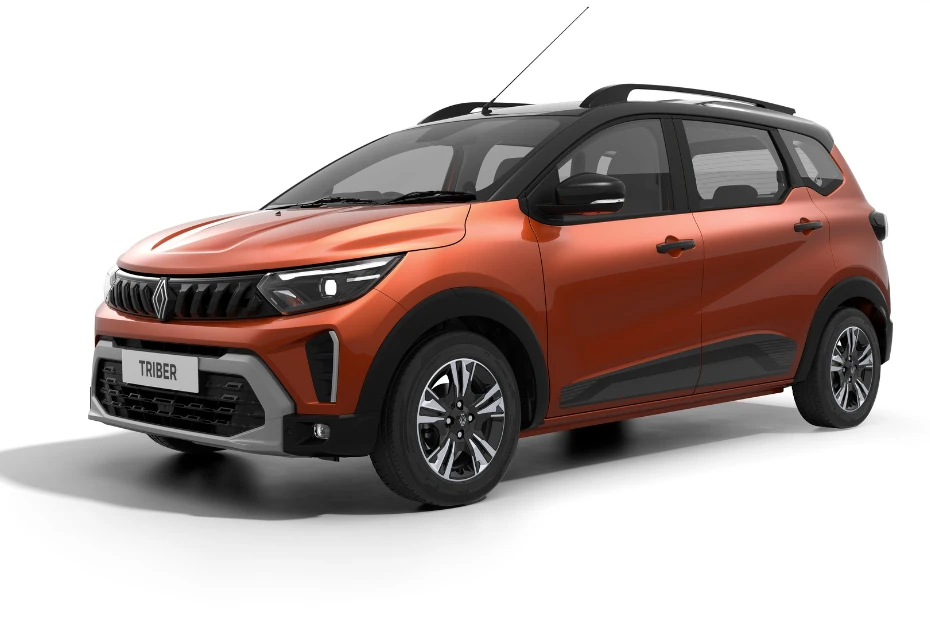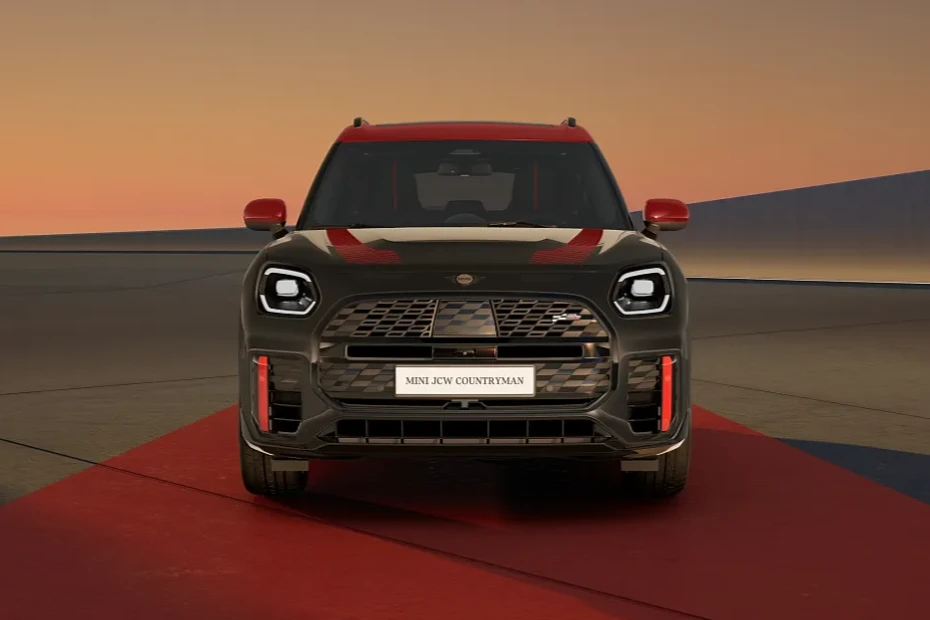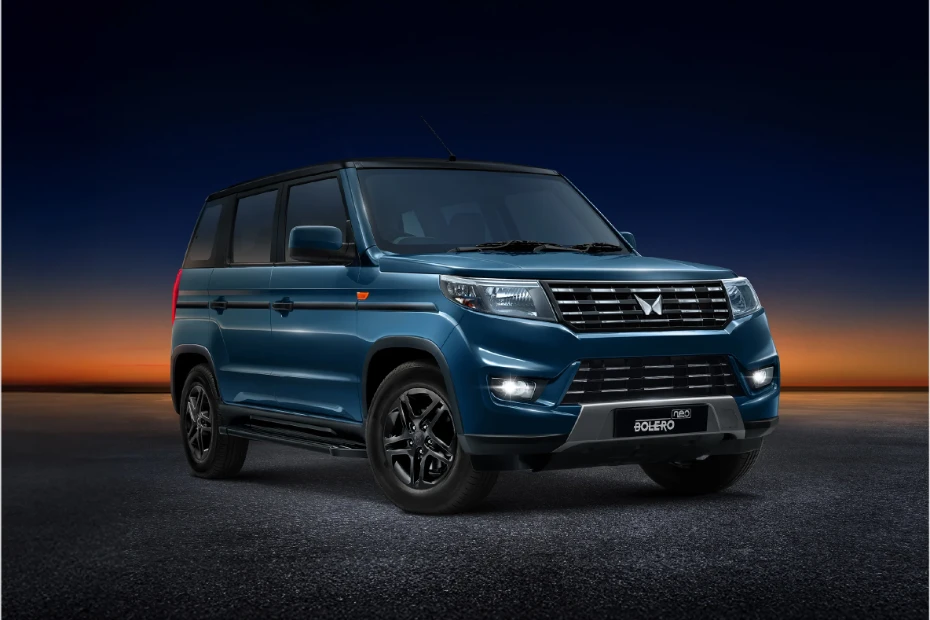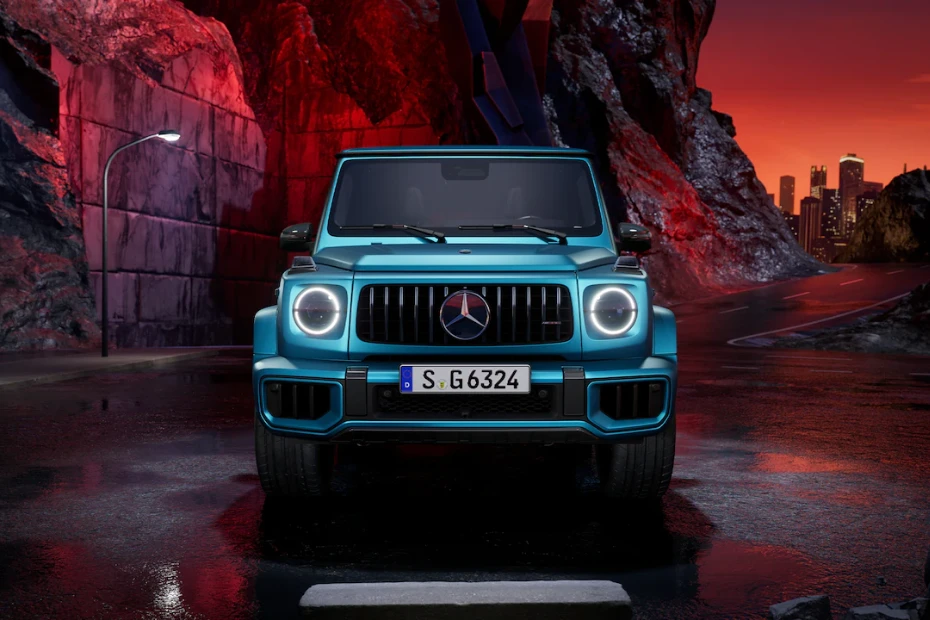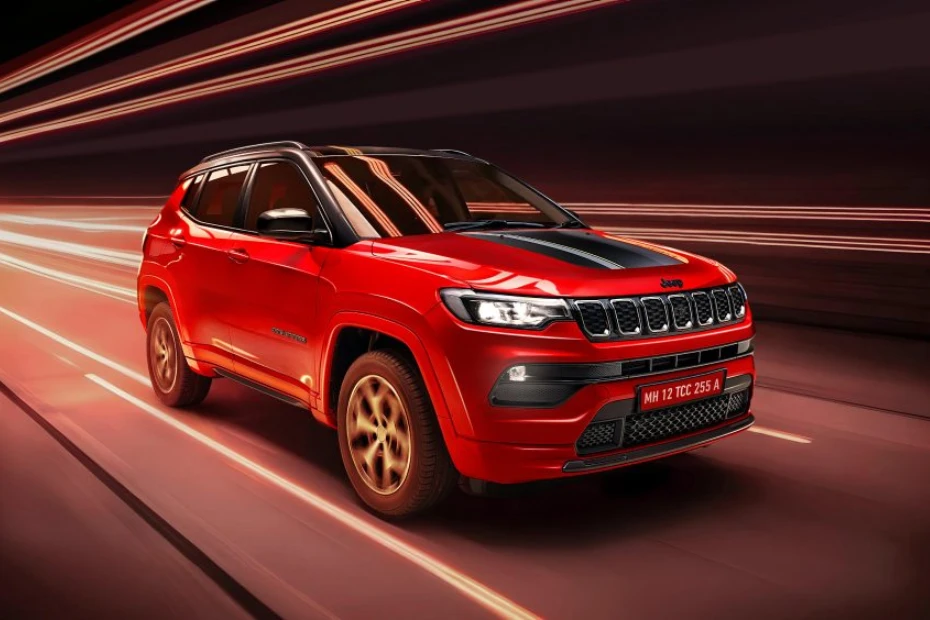Volvo XC90 Electric
Change Car
Recommended Cars
4.20
24 Ratings
Volvo XC90 Electric expected price in India starts at Rs ₹1.25 Cr.* (ex-showroom). It is expected to launch in 2026.
more₹1.25 Cr.*
(Expected Price)
Alert me when launched

Thank you!
We will contact you as soon as this car will be launched.
Volvo XC90 Electric Mileage
Volvo XC90 Electric Specs
Range
400 km
400 km
Battery Pack
100 battery pack
100 battery pack
Power
402 bhp
402 bhp
Transmission
Auto
Auto
Fuel Type
Electric
Electric
Seats
7 persons
7 persons
Volvo XC90 Electric Latest Update
XC90 Electric
Volvo XC90 Electric Price in India
Variant
Ex-showroom Price
Compare
Volvo XC90 Electric Variants
Variant
Ex-showroom Price
Compare
People Also Searched For
Trending Volvo Cars in India
Upcoming Volvo Cars
Popular Cars
Volvo XC90 Electric Price in India
Volvo XC90 Electric Car FAQs
The expected launch date of Volvo XC90 Electric is 01-03-2026.
The price range of Volvo XC90 Electric starts from 1.25 crore - 1.50 crore.
Volvo XC90 Electric is None.
Volvo XC90 Electric offers 7 seating options.
List of expected key features would includes ventilated seats, panoramic sunroof, level 2 ADAS suite etc.
View All XC90 Electric FAQs
Looking for
Car Loan?
Whether you're eyeing a sleek sedan, a spacious SUV, or a sporty coupe, we've got you covered. Purchase your next dream car from Carlelo.com and make financing your new ride a breeze.

XC90 Electric Brochure
Download Brochure for detailed information of specifications, features and price.
Trending Volvo Cars in India
All Volvo Cars in India
Upcoming Volvo Cars
View All Volvo Upcoming Cars
Popular Cars
View All Popular Cars
Volvo XC90 Electric Price in India
Trusted Dealer
All Over India
Irresistible Offers
Stay Updated, Pay Less
Compare Cars
Choose the Right Car
Easy Finance
Multiple Finance Options
Help & Support

Monday - Saturday
10:00am - 6:30pm
+91 7947722777, +91 7479000444, +91 9311718549
contact@carlelo.com



